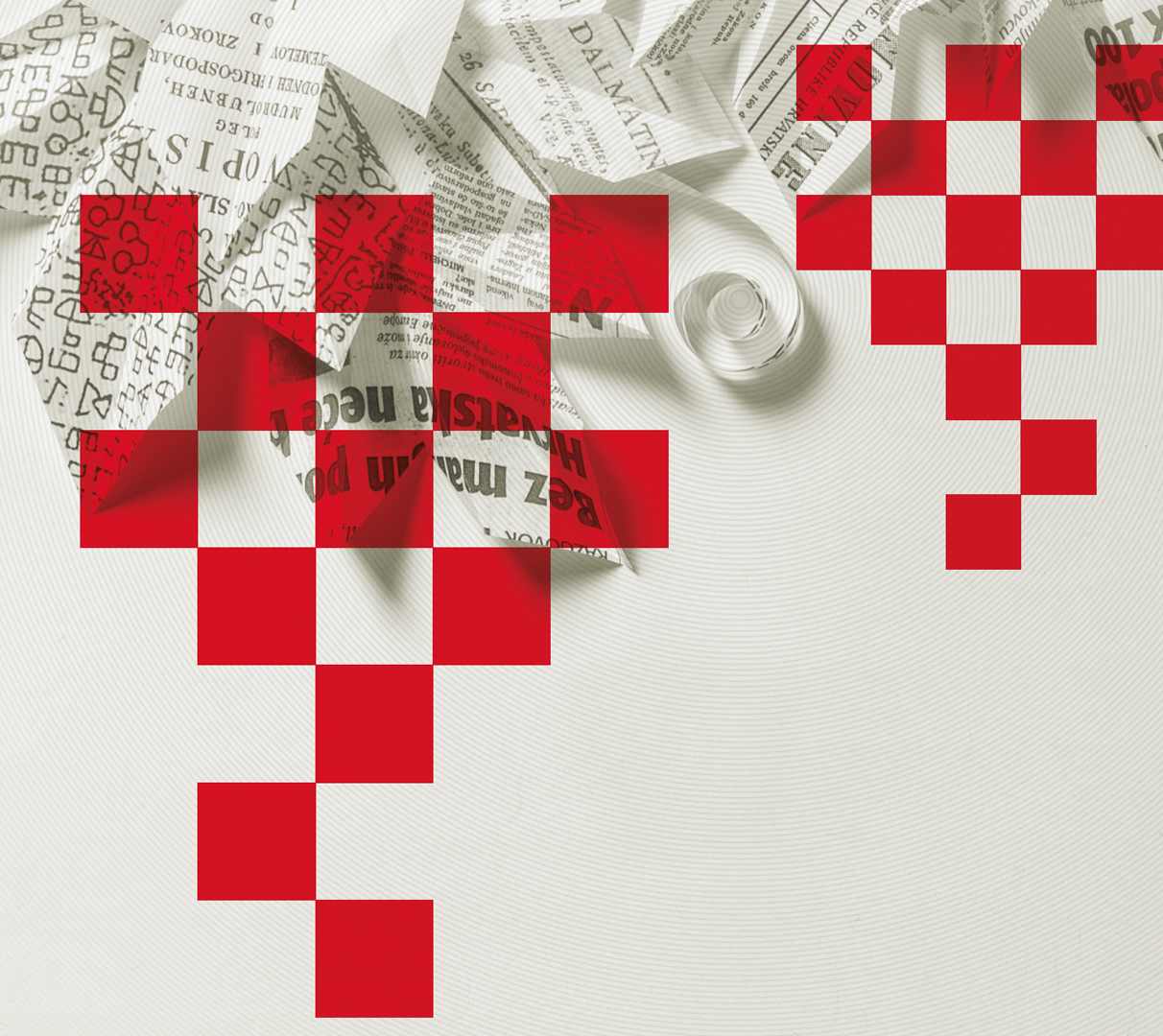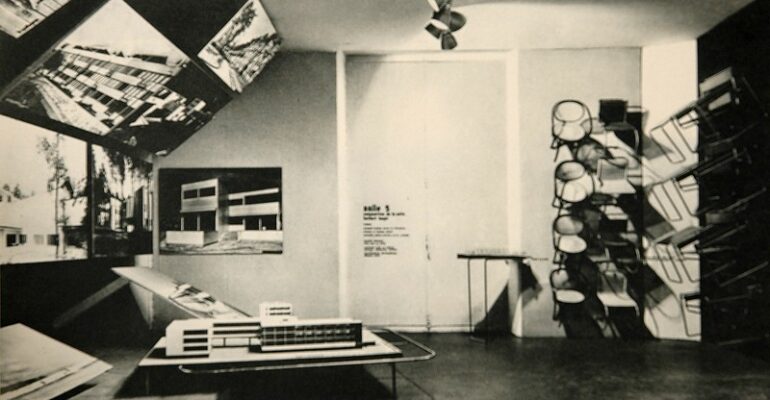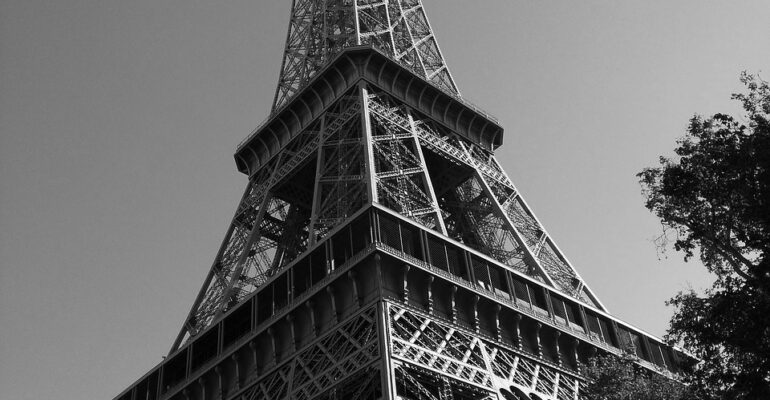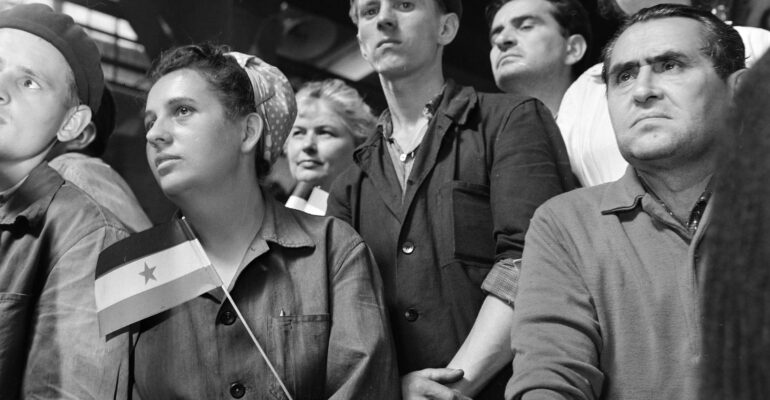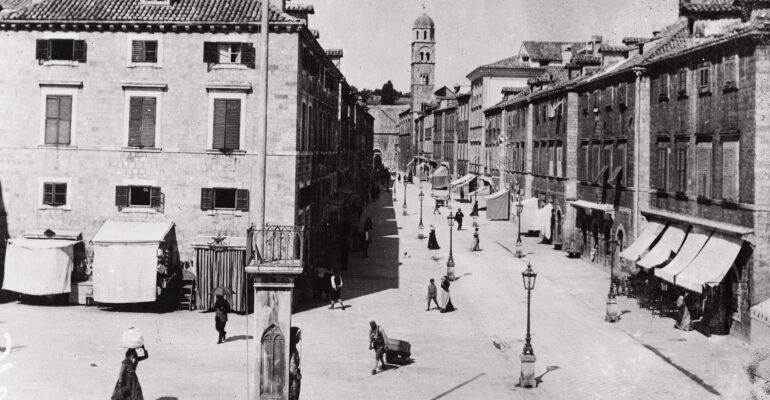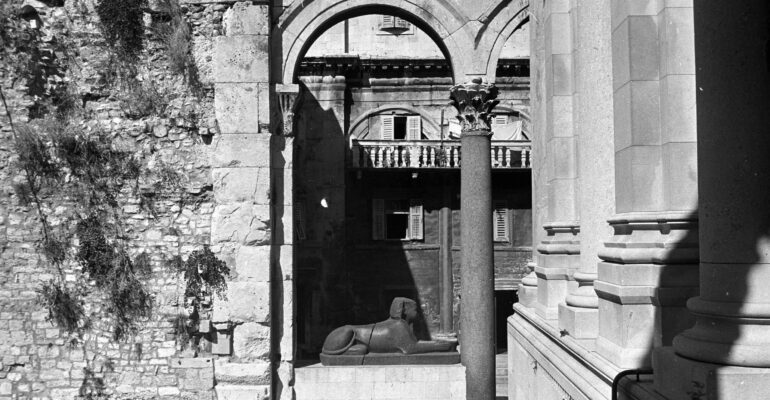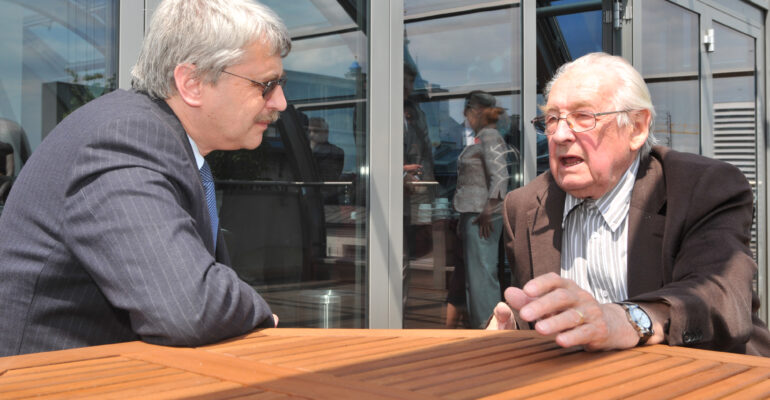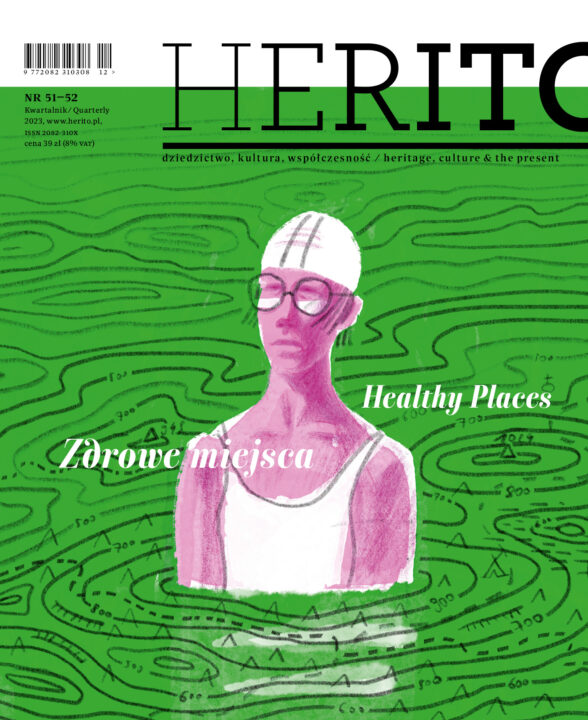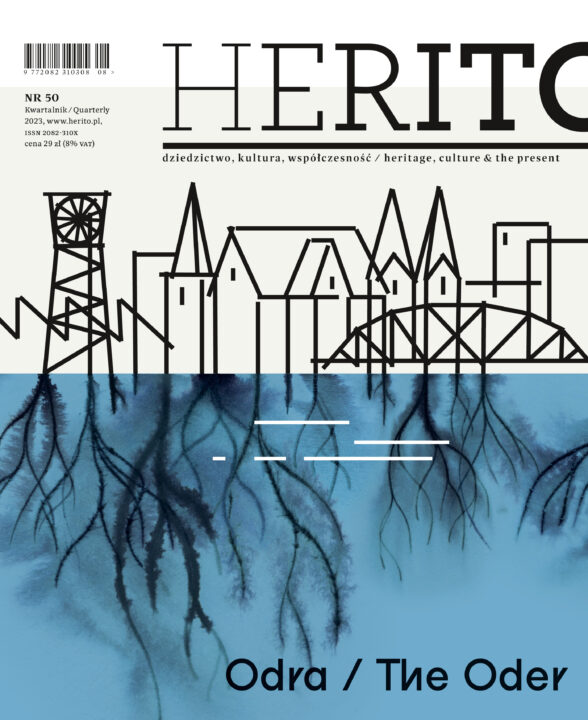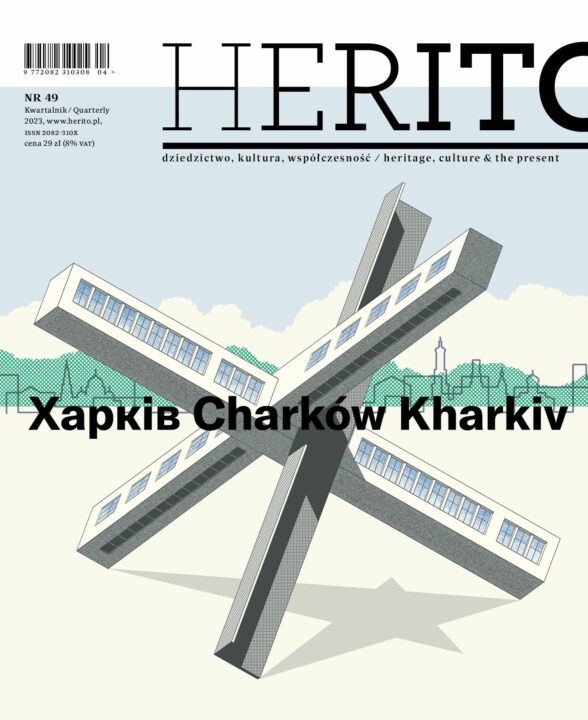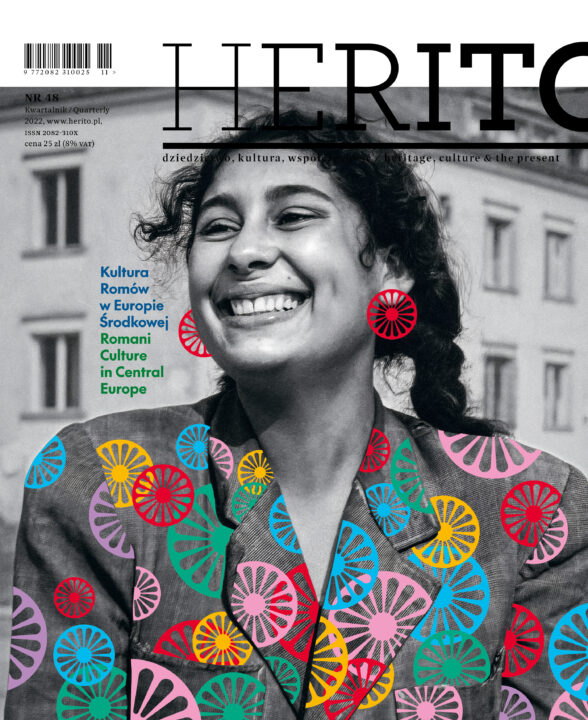Croatia in Europe
The success of its European integration does not remove certain important questions from the horizon. Who do the Croats feel themselves to be? What is national identity, and is there any sense in discussing such a construct at all? Where is the boundary between “past” and “present”? Should the Yugoslavian idea be filed in the archives of history once and for all? And what role will fall to the Croats in a crisis‑racked Europe?Democratic Croatia came into being 23 years ago, although it can hardly be considered a young state. Despite Croatia’s debut into the European Union today, it has been instrumental in the creation of European culture for millennia.
Croatia’s Europeanness is marked by a certain dissonance between its two cultural variants – the Central European and the Mediterranean European. As Maciej Czerwiński notes, communism did not bring Croatia closer to Central Europe, to Kundera’s “kidnapped West”, but in fact drove it further away. Yet after the collapse of the communist regime, its attempt to distance itself from the stereotype‑ridden region virtually became declared proof of its Europeanness. The Croats “fled” the Balkans in the same way as the Poles, Czechs, Slovaks and Hungarians “fled” Eastern Europe.
Free full text articles
More articles
Copyright © Herito 2020
